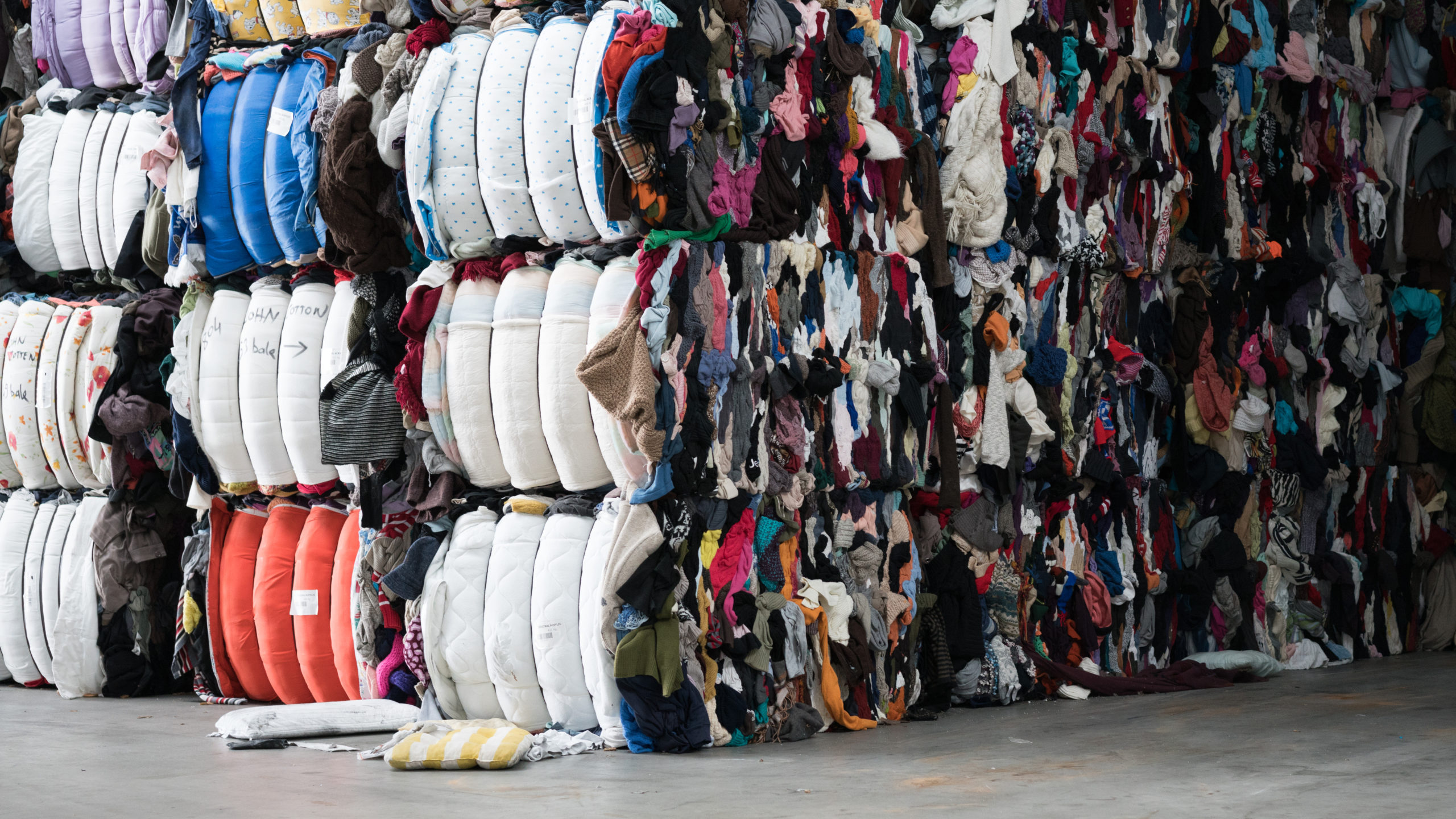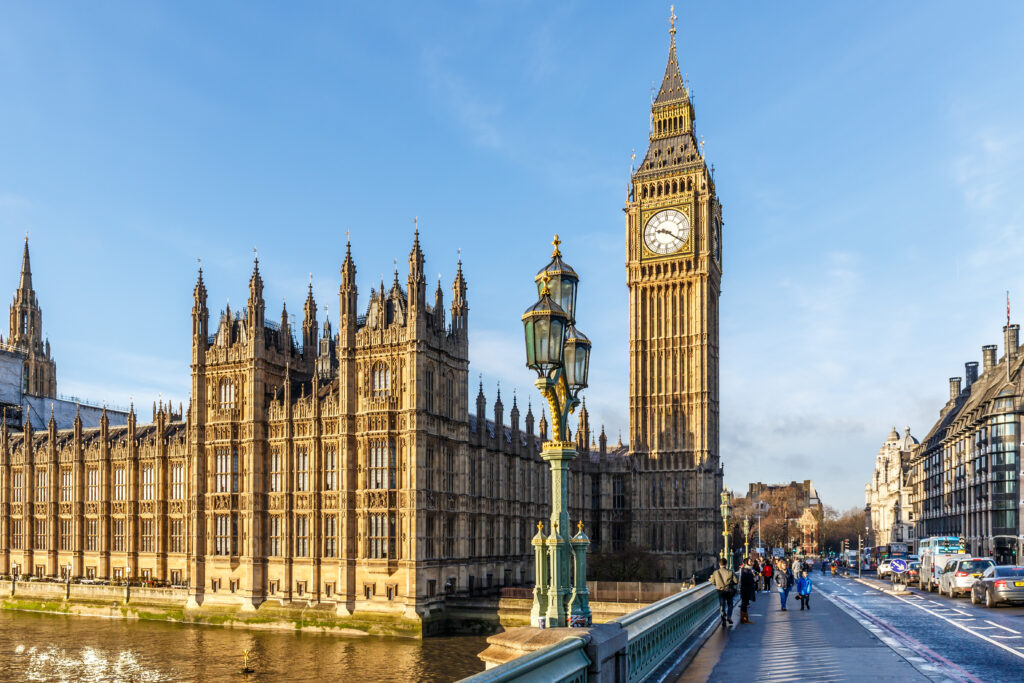The government failed to meet the statutory deadline to confirm new long-term environmental targets for issues including resource efficiency and waste reduction at the end of October (see letsrecycle.com story).

In an open letter sent to the environment secretary, Dr Thérèse Coffey, today (22 November), the EAC’s chair, Philip Dunne, called for Defra to set and publish the targets ahead of the COP15 international biodiversity conference, scheduled to open in Montreal, Canada, on 7 December.
Within the letter, Mr Dunne pointed out several other policies and initiatives which have been delayed, including extended producer responsibility (EPR) for packaging. The scheme has been delayed until 2024, the EAC says (see letsrecycle.com story).
Mr Dunne also noted delays to the proposed deposit return scheme for drinks containers in England, on which ministers first consulted in 2019. He said he would write to Dr Coffey separately about the design of the scheme.
Mr Dunne said his committee had asked him to request a “clear timetable” giving the dates by when Defra expects to publish documents on the policies and initiatives, “in view of what appears to be endemic delay in making progress on important environmental policies.”
Consultation
Asked for a response to Mr Dunne’s concerns, Defra told letsrecycle.com it received more than 180,000 responses from a range of individuals, businesses and other organisations to the targets consultation which closed in June 2022.

Defra said it was working “at pace” to lay draft statutory instruments as soon as practicable.
In a statement, Dr Coffey said: “I was part of the ministerial team that created the 25 Year Environment Plan and prepared the environment bill presented to parliament in 2019. Defra will continue to work at pace to finalise these environmental targets.”
‘Grave challenges’
In a statement of his own issued alongside his letter, Mr Dunne said: “In common with many other stakeholders in the environmental sector, the committee is increasingly concerned to note delays in substantive policy progress at Defra in crucial areas where the government now has control of policy.

“The country is facing grave challenges as we look to reverse the decline of our precious biodiversity. Prompt, clear and decisive action is now of the utmost importance. My letter to the environment secretary clearly sets out for her the committee’s views on the policy areas which urgently need clarity after – in some cases – years of delay.”
Dr Coffey returned to Defra as environment secretary as part of new prime minister Rishi Sunak’s cabinet reshuffle in October, having previously served as recycling minister at the department between 2016 and 2019 (see letsrecycle.com story).
Mr Dunne added: “I am confident that the new environment secretary, who is no stranger to Defra, will swiftly get a grip on these issues which have been backed up in her department. She will know that if we want the UK to be a global leader on sustainability, we must make more urgent progress.”
Textiles
In his letter, Mr Dunne singles out tackling fast fashion as a key area with slow progress.

In the last parliament, the EAC published a report on measurers to tackle the negative environmental impacts of cheap clothing. The committee warned that, “in the absence of effective policies to deal with textile waste,” more than 300,000 tonnes of textiles were being thrown into household residual waste bins every year and sent to landfill or “incinerators”.
While ministers rejected most of the report’s recommendations, the government pledged to launch a consultation on tackling textile waste and on fishing gear by 2022.
The consultation on textiles was supposed to consider a possible EPR scheme and the introduction of requirements for product design, labelling and consumer information on durability, recyclability and recycled content. However, neither consultation paper has yet materialised.









Subscribe for free